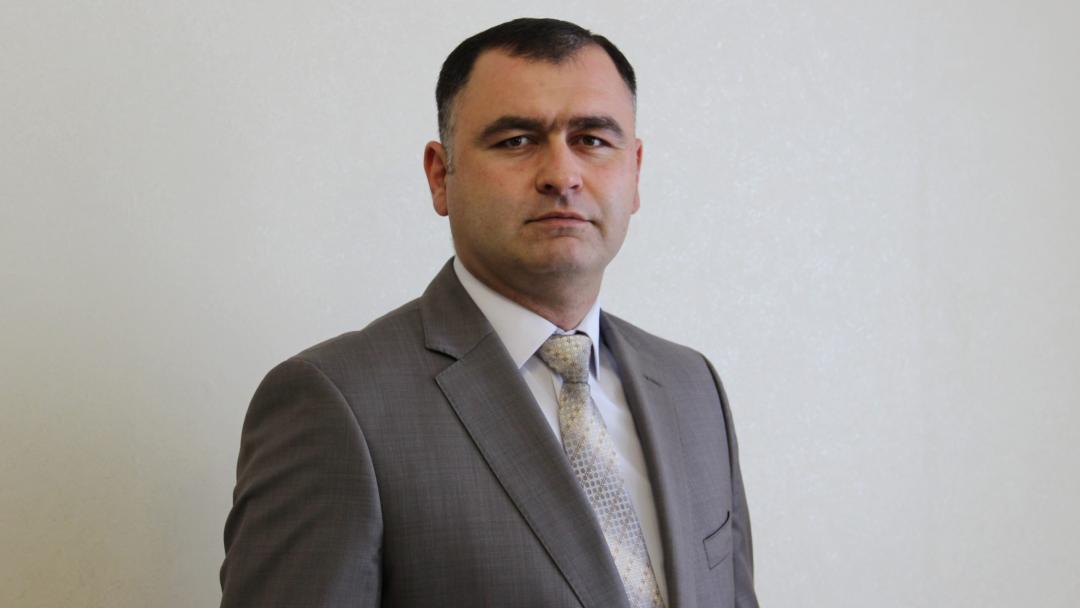
Head of Separatist South Ossetian Criticizes Georgia's Stance, Reaffirms Integration with Russia

On August 19, Alan Gagloev, the de-facto President of the separatist South Ossetia (Tskhinvali region of Georgia), stated that the approaches of the Georgian side do not contribute to creating a more positive atmosphere in relations with South Ossetia.
He emphasized, "[the separatist] South Ossetia has long ago and irrevocably decided on the choice of friends and allies. Our way is integration with Russia." Gagloev reminded that since the fall of 2008, contacts with Georgia have been conducted on the platform of the Geneva Discussions. In April 2009, the Incident Prevention and Response Mechanisms were established within these discussions to address local issues, incidents on the border, and related matters. The primary objective of the Geneva Discussions was to ensure Georgia's security for South Ossetia and Abkhazia through non-use of force agreements. However, Gagloev emphasized that due to Georgia's persistent refusal to sign such legally binding documents with South Ossetia and Abkhazia, the resolution of this issue has not progressed for 15 years. "This approach does not allow us to talk about further measures to restore confidence between the parties and final détente," he emphasized.
Gagloev also pointed out that Georgia's so-called law on occupied territories remains in force, effectively blockading South Ossetia and Abkhazia. Furthermore, with the assistance of Western countries, Georgia continues its efforts to isolate Abkhazia and South Ossetia internationally.
According to Gagloev, the current situation in the region is relatively stable. Russian and South Ossetian border guards are safeguarding the state borders of South Ossetia. However, he noted that "the ground for periodic provocations is created by Georgia's refusal to conduct joint work on border delimitation and demarcation."
Gagloev expressed concern about the potential for future provocations, particularly in light of the ongoing internal political crisis in Georgia. He highlighted that "numerous radical groups involved in these processes and regularly speaking aggressive nationalist slogans" are causing concern among the South Ossetian public.
In response to a question about strengthening military cooperation with Russia, Gagloev explained that military cooperation between South Ossetia and Russia is currently based on an interdepartmental agreement between their defense ministries, implemented as part of the 2015 Treaty of Union and Integration. He stated that, according to this agreement, "Russia will consider any armed attack on South Ossetia as aggression against itself," a factor that deters radical circles in Georgia from potential provocations. The agreement also facilitates the modernization of the South Ossetian Armed Forces, including logistical support. Gagloev expressed confidence that the presence of the Russian 4th Guards military base on South Ossetian territory ensures the republic's security.
Regarding the issue of South Ossetia joining Russia, Gagloev clarified that it is not currently on the bilateral agenda. He noted that the level of integration between Russia and South Ossetia involves coordinated foreign policy and joint discussions of issues of mutual interest. "If conditions arise that will lead to the actualization of the issue of the republic's accession to Russia, we will hold consultations with a strategic partner. I am confident that any decisions will be taken in full accordance with the interests of the peoples of Russia and South Ossetia," Gagloev said. He added that "to [a part of] Russia is an age-old dream of the Ossetian people." However, the specific legal forms of its realization would be subject to joint discussions.
See Also


Simonyan: “Armenia Should Trade with Turkey and Azerbaijan Instead of Closing Borders”

Mirzoyan Meets US Deputy Assistant Secretary Joshua Huck

Azerbaijani President Holds Talks with UAE and German Business Delegations on Economic Cooperation

Grigoryan Confirms Armenia’s Readiness to Dissolve OSCE Minsk Group Upon Peace Treaty Signing

